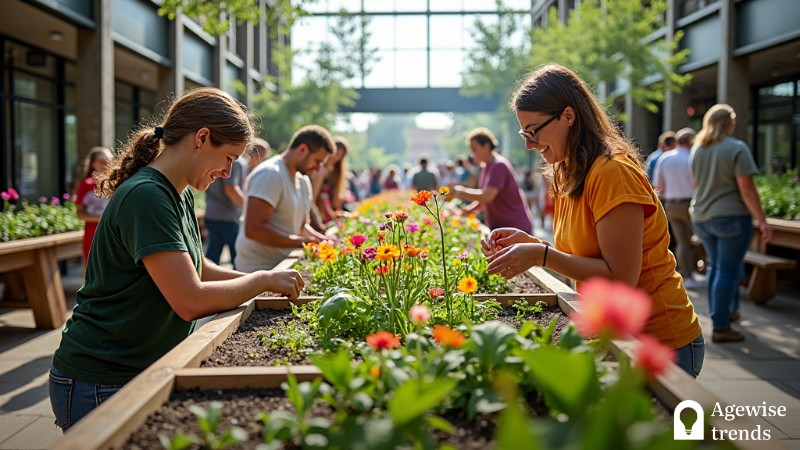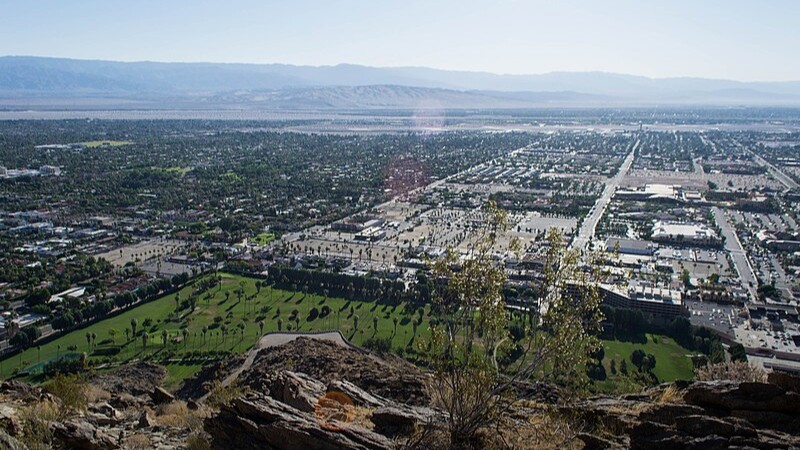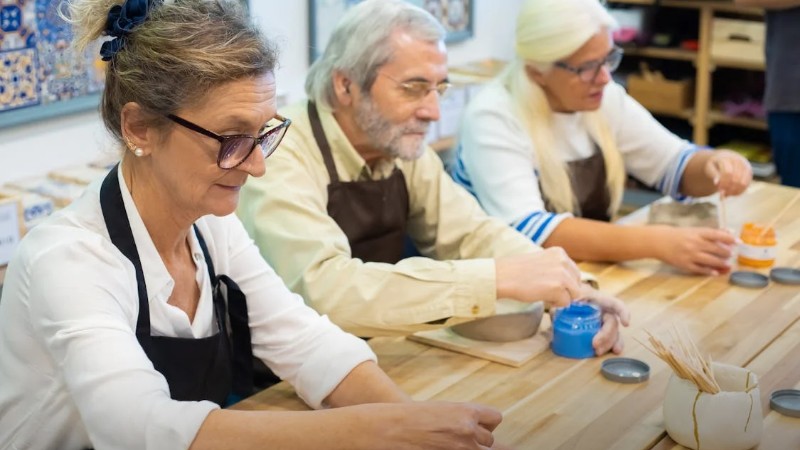As spring gets closer, gardeners in Manhattan, Kansas, are excited about a favorite event—the Second Annual Manhattan Seed Swap. Happening on Sunday, February 16, from 1 p.m. to 4 p.m. at the Flint Hills Discovery Center, this free event lets everyone, especially seniors, swap seeds, get gardening tips, and meet others who love plants.
For many older adults, gardening is more than just a hobby—it helps them relax, stay active, and be part of the community. Whether they’ve been gardening for years or are just starting, the seed swap offers different plant types and the chance to share tips with other gardeners.
The event will be in the atrium and the second-floor classroom, where seeds will be sorted into groups for easy browsing. You’ll find sections for vegetables, annual flowers, perennials, herbs, and native plants. Even if you don’t bring seeds, come join us because this event is as much about learning and meeting people as it is about swapping seeds.
Last year, about 300 visitors came to the first event, and this year, organizers expect even more. Gardening is a lifelong love for many, and events like this keep traditions alive, help people connect, and offer valuable resources.
Key Takeaways
Manhattan’s Second Annual Seed Swap brings together gardeners of all ages to exchange seeds, share tips, and meet others who love plants.
- Gardeners can swap seeds, get gardening tips, and meet others at the Flint Hills Discovery Center on February 16 from 1 p.m. to 4 p.m.
- The event offers sections for different plant types, including vegetables, annual flowers, perennials, herbs, and native plants.
- Gardening experts from the Riley County Master Gardener program will be available to answer questions about seed saving, plant care, soil health, and gardening tips.
Sharing seeds and gardening wisdom
To make sure everyone enjoys the event and it stays organized, the organizers have set some easy guidelines for seed swapping. Bring your seeds in small amounts, about a teaspoon each, stored in small envelopes or resealable bags. Label each packet with the plant’s name, how to plant it, and any other helpful details.
Coming to the Manhattan Seed Swap on February 18 at the Flint Hills Discovery Center? Here are some helpful tips for sharing your seeds.
Don't have any seeds? That is okay! Come enjoy some educational activities, and fun for the kids with hands-on planting opportunities. pic.twitter.com/GBLsNAJMn1
— Manhattan Parks & Rec (@ManhattanPRD) February 13, 2024
If you have a lot of seeds, there’s a station at the event where you can split them into smaller portions and label them right there. Even if you don’t have seeds to swap, you’re welcome to join in the fun. You can help by bringing empty containers, envelopes, or small bags for others to use. This small gesture keeps the event running smoothly and lets everyone join the swap.
A highlight of the event is meeting volunteers from the Riley County Master Gardener program. These gardening experts will be available to answer all your questions about seed saving, plant care, soil health, and gardening tips. Whether you’re new to gardening or looking for advanced advice, they’re ready to help.
Besides swapping seeds, community groups like Sunset Zoo, The Land Institute, and the Flint Hills Discovery Center will offer educational activities. These will cover topics like native plants, sustainable gardening, and conservation efforts. Kids can enjoy fun, interactive learning activities about nature.
For older gardeners, the event provides tips on easier gardening as energy levels change. Volunteers will share advice on low-maintenance gardening techniques, choosing easy-to-grow plants, and using adaptive gardening tools. These tips help to keep gardening enjoyable and accessible, no matter the season.
A growing tradition of sustainability and community
The Manhattan Seed Swap is more than just an event—it’s part of a growing movement across the country focused on sustainability, biodiversity, and community gardening. When you swap seeds, you get access to unique plants, including rare and heirloom types not found in stores. These swaps help preserve plant diversity and build a stronger local gardening community.
If you can’t make it in person, you can still join the gardening community through online seed exchanges, like the Seed Savers Exchange Network. Here, gardeners share seeds, tips, and experiences all year long.
With its focus on community, sustainability, and learning, the Manhattan Seed Swap offers a great opportunity for seniors and gardeners of all ages. Whether you’re a seasoned gardener wanting to share your crops or a newbie eager to learn, this event is a fantastic way to connect, swap seeds, and get ready for a great spring.














